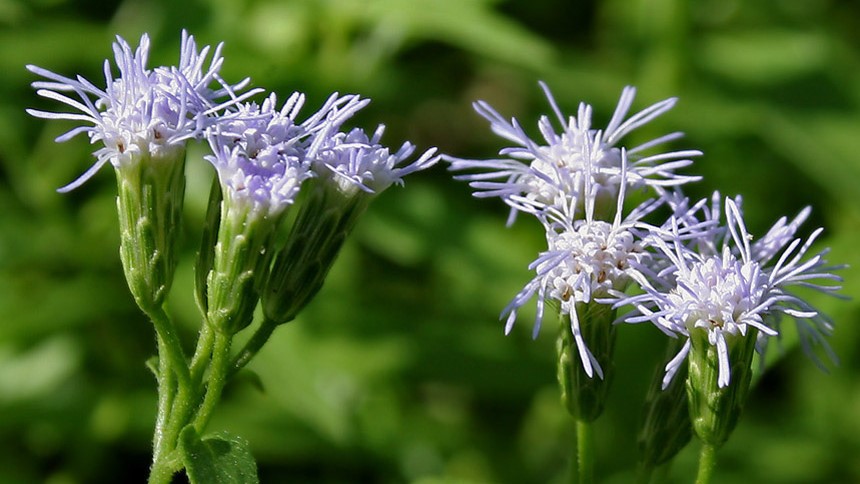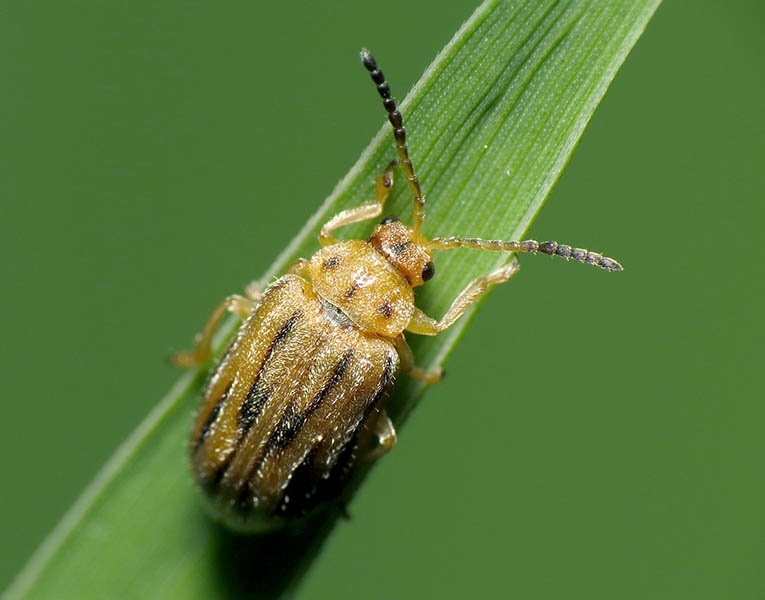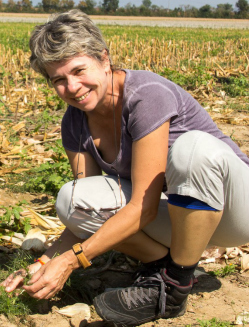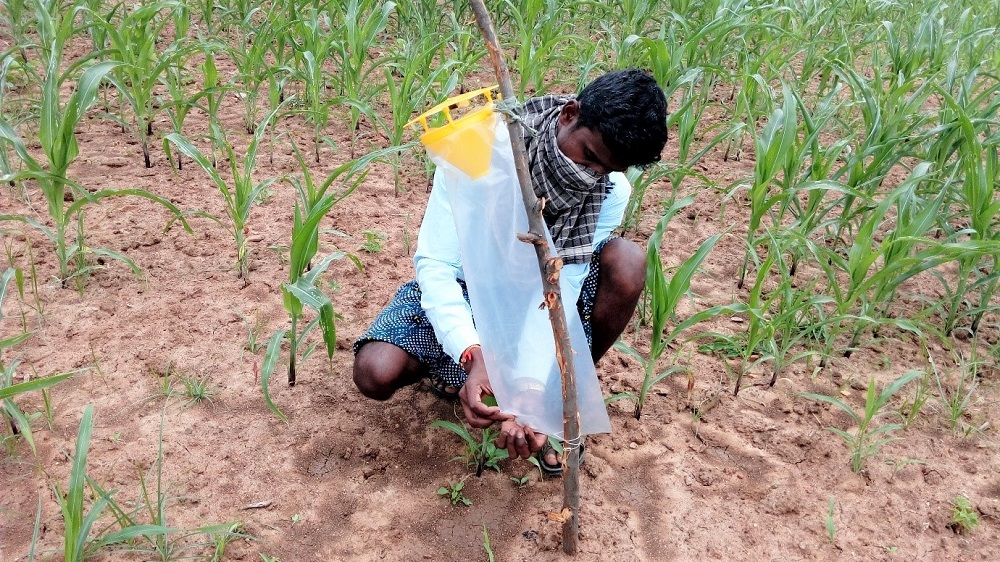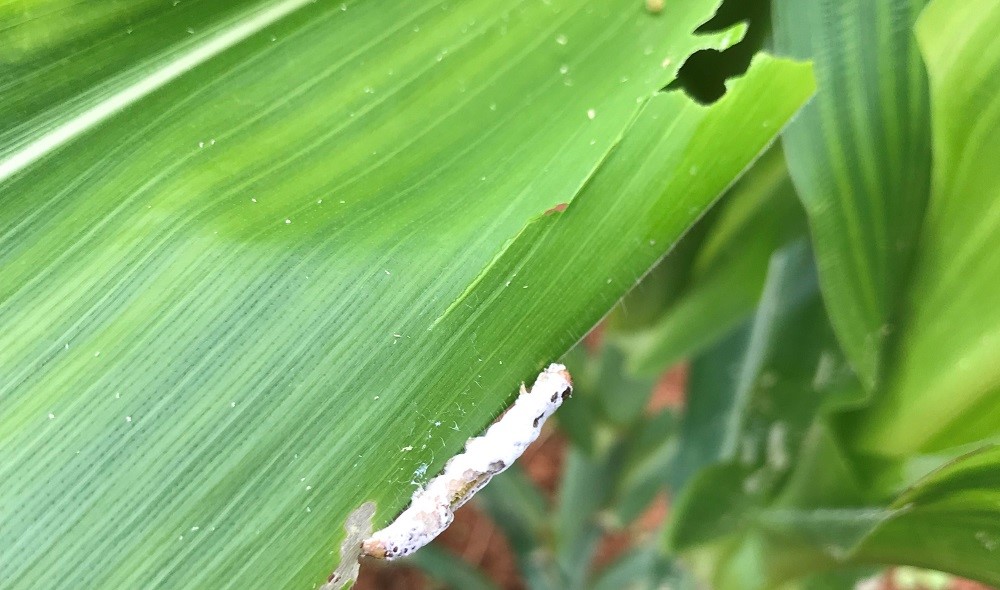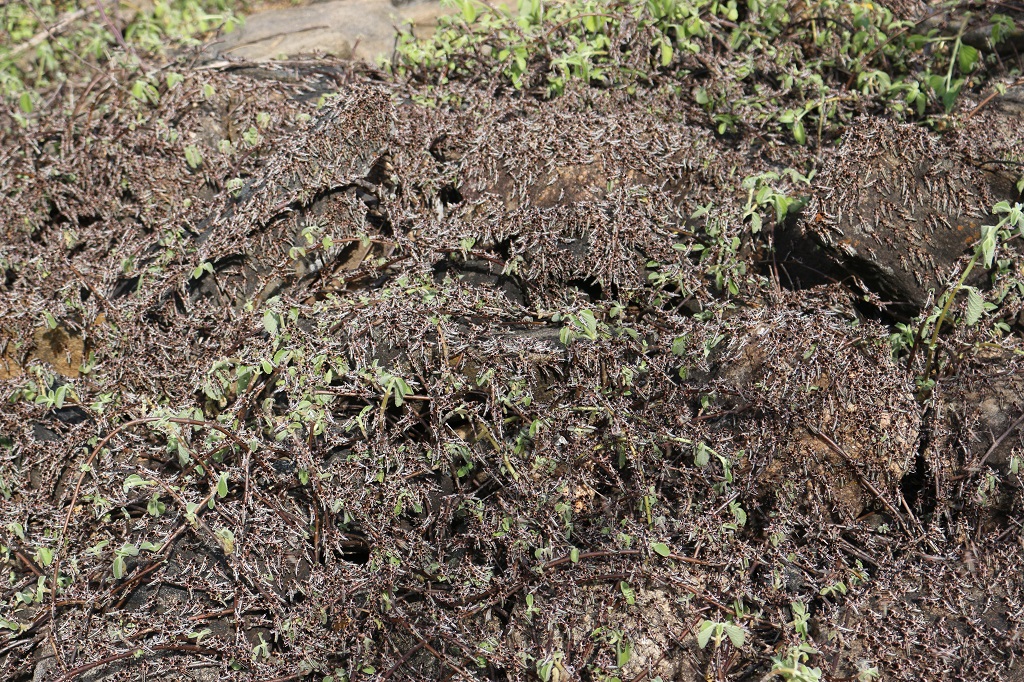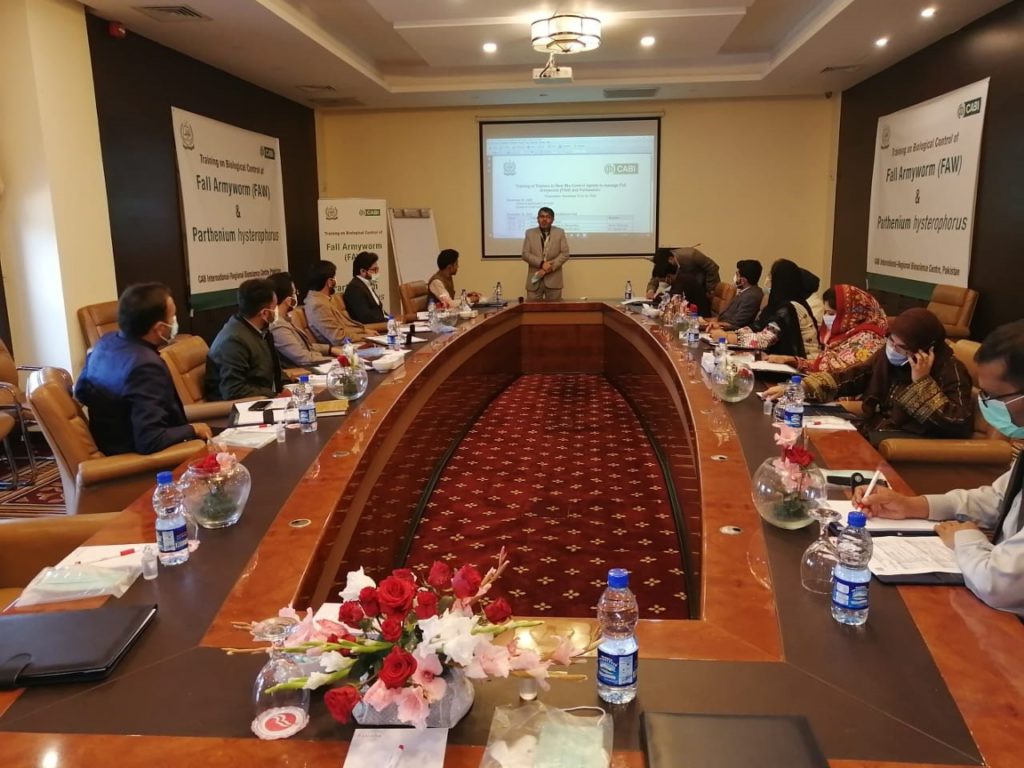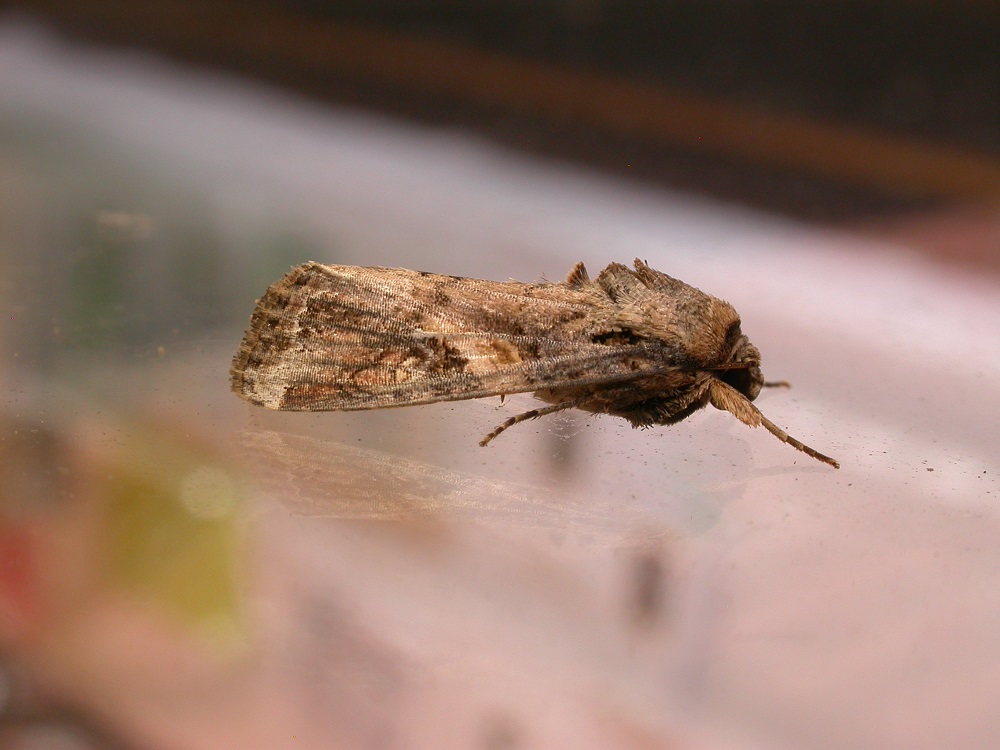Devilweed: the ‘green invasion’ that’s destroying biodiversity and livelihoods
In a new video from BBC Earth, CABI’s Dr Arne Witt tells us about the devastating impact of Chromolaena odorata, commonly known as ‘Devilweed’. As part of the BBC’s Our Green Planet initiative, the video raises awareness about the impact of invasive species on biodiversity and livelihoods.
Potential of parasitoid to control invasive fruit fly highlighted in study
Drosophila suzukii, commonly known as Spotted Wing Drosophila, is an invasive fruit fly native to Eastern Asia that was accidentally introduced to the Americas and Europe in the late 2000s. It has since spread rapidly causing damage to over 150 wild and cultivated fruits like cherries, blueberries, strawberries, and even the fruits of ornamental plants.
Could Telenomus remus go global?
The parasitoid wasp Telenomus remus has been mass released as a biological control agent against fall armyworm (Spodoptera frugiperda) in the Americas (where the pest is native) for a number of years. However, fall armyworm is now highly invasive, found across Africa, Asia, and Australia. Can the lessons learnt from its wide use in the…
Women and girls in science: An interview with Hariet Hinz
Female scientists have the potential to play an important role in the future of agriculture, however, a significant gender gap persists, particularly in agriculture and science. Gender and youth is a key area for CABI. Constituting to Sustainable Development Goal 5, CABI’s goal is to create opportunities for women and young people in agriculture. In…
CABI research on desert locusts helps safeguard the food crops of millions
In 2019-2020, according to the Food and Agriculture Organization (FAO), around 20 million people in Ethiopia, Kenya, Somalia, South Sudan, Tanzania and Uganda faced acute food insecurity due to swarms of desert locust (Schistocerca gregaria). In Kenya, the outbreak represented the worst locust crisis in 70 years; by its peak, the country was tackling over…
- « Previous
- 1
- 2
- 3
- 4
- Next »

